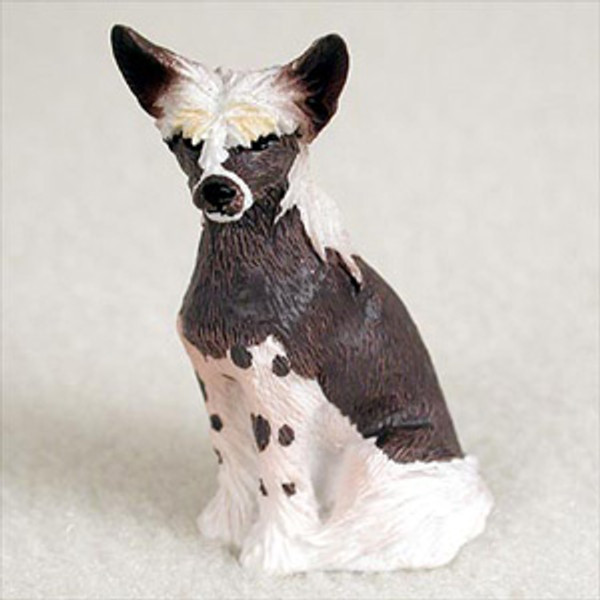
Chinese Sweet Plum (Sageretia theezans)
The Chinese Sweet Plum bonsai is known for its vibrant green leaves, which stand out against its rich, dark bark, creating a striking visual contrast.
As the tree matures, it may produce small plums, adding an extra touch of charm to this elegant bonsai.
Each bonsai comes in a unique container, with colors and shapes that may vary, adding to its distinctive appeal.
About The Tree:
Each tree is unique so these are approximate ages and dimensions.
Small Size
- Age: 5 Years Old
- 6 - 10" Tall
Medium Size
- Age: 7 Years Old
- Height: 10 - 16" Tall
Care Guide Summary:
-
Location: The Sweet Plum thrives in full morning sun and afternoon shade. Indoors, maintain a cool period of 55–60º F with reduced lighting for 6–8 weeks around winter. Keep it indoors when temperatures drop below 55º F, as lower temperatures cause leaf and branch loss.
-
Watering: Ensure the soil remains moist but not overly saturated. Water thoroughly when the topsoil feels dry. Immersing the pot in shallow water allows for gradual moisture absorption.
-
Fertilizing: Feed the tree in spring with organic or diluted chemical fertilizer, typically once or twice a month during the growing season and once a month in winter. Always water before fertilizing and avoid fertilizing a weak or recently repotted tree.
-
Pruning and Wiring: Sweet Plum bonsai responds well to clip-and-grow pruning. If wiring, use the thinnest wire and avoid repotting immediately before wiring. Monitor for any signs of wire cutting into the bark.
-
Repotting: Repot only when root-bound, pruning up to 30% of the root mass. After repotting, wait 3–4 weeks before fertilizing.
-
Pests and Diseases: Common pests include mealy bugs under the bark, spider mites, and fungus gnats in moist soil. Treat mites and gnats with non-toxic sprays or pyrethrin.











